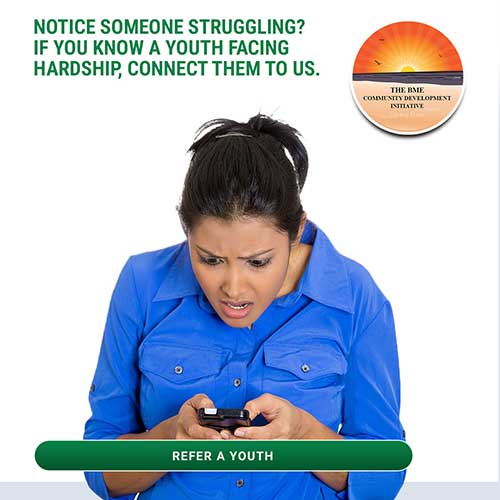Guiding Your Teen Through the Social Media Maze

Every evening, 13-year-old Maya retreats to her room, phone in hand. Her parents worry about what she is encountering online, from harmless memes to potential cyberbullying.
They are not alone; in today’s world, nearly half of teens say they are online “almost constantly,” a dramatic rise from just a decade ago. Social media is the new playground for teens, and parents have the daunting task of guiding their children safely through it.
Understanding the Appeal: For many teens, social media is more than entertainment. It is how they connect with friends and find community. Maya, for instance, might be chatting with classmates or sharing art on Instagram. Surveys show over 90% of teens have used social media, and the majority access it daily.
This constant connectivity can foster positive interactions, like supportive friendships and creative self-expression. Parents can acknowledge these benefits, showing teens that you appreciate what they value online.
Recognizing the Risks: Alongside the positives come pitfalls. Maya could encounter hurtful comments or feel pressure to curate a “perfect” life online. Risks like cyberbullying, exposure to inappropriate content, or oversharing personal information are real concerns.
A teen who faces online harassment may exhibit signs of stress or withdrawal in real life. It is crucial for parents to stay alert to changes in mood or behavior that might hint at online troubles.
How Parents Can Help: Open communication is the best tool. Rather than simply banning apps, ask your teen about their online world:
Start Conversations: Ask what platforms they use and what they enjoy online. Listening without immediate judgment encourages teens to share issues they face.
Set Clear Boundaries: Work together on rules for screen time and content. For example, agree on “no phones at dinner” or homework-before-social-media rules. Many families establish “no screen” zones or hours to ensure balance.
Teach Online Safety: Make sure privacy settings are enabled and that your teen knows not to share personal details like address or phone number. Discuss what healthy online friendships look like and how to handle unwanted contact or bullying.
Be a Role Model: Show balanced tech use in your own life. If parents also put down the phone during family time, teens will notice.
Above all, let your teen know you are there to help, not just to police them. Maya’s story might end positively if her parents create a safe space to talk about her digital life. By acknowledging the allure of social media while firmly addressing its dangers, parents can help teens like Maya navigate the online maze confidently and safely. The goal is not to instill fear, but to empower young people to make smart choices knowing their parents are guides and allies in their digital journey.




